Introduction
What Do Pigeons Eat In The Wild: Pigeons, those ubiquitous birds found in cities and towns around the world, may seem like opportunistic scavengers, but their dietary preferences in the wild are more diverse and intriguing than one might imagine. These adaptable avian creatures, often referred to as rock doves, have evolved over thousands of years to thrive in various natural environments. The fascinating world of what pigeons eat in the wild, shedding light on their dietary habits, foraging strategies, and the essential role they play in the ecosystems they inhabit.
From seeds to insects and beyond, wild pigeons diet reveals a story of survival and coexistence with nature that goes far beyond the urban landscapes they now call home. In their native habitats, pigeons exhibit a remarkable ability to adapt to a wide range of dietary options, showcasing their status as true generalist feeders. One of the primary components of their diet consists of various seeds and grains. Pigeons are often seen foraging on the ground or perched on plants and trees, plucking seeds from grasses and wildflowers.
They possess a unique talent for gleaning seeds from the surrounding vegetation, making them particularly well-suited to grasslands, meadows, and agricultural landscapes. Beyond seeds, pigeons are opportunistic insectivores. They supplement their diet with insects such as beetles, caterpillars, and ants. This insect consumption provides essential protein and nutrients, especially during the breeding season when the demand for energy and nutrients is higher. Pigeons also exhibit a propensity for consuming small fruits and berries when they are available.
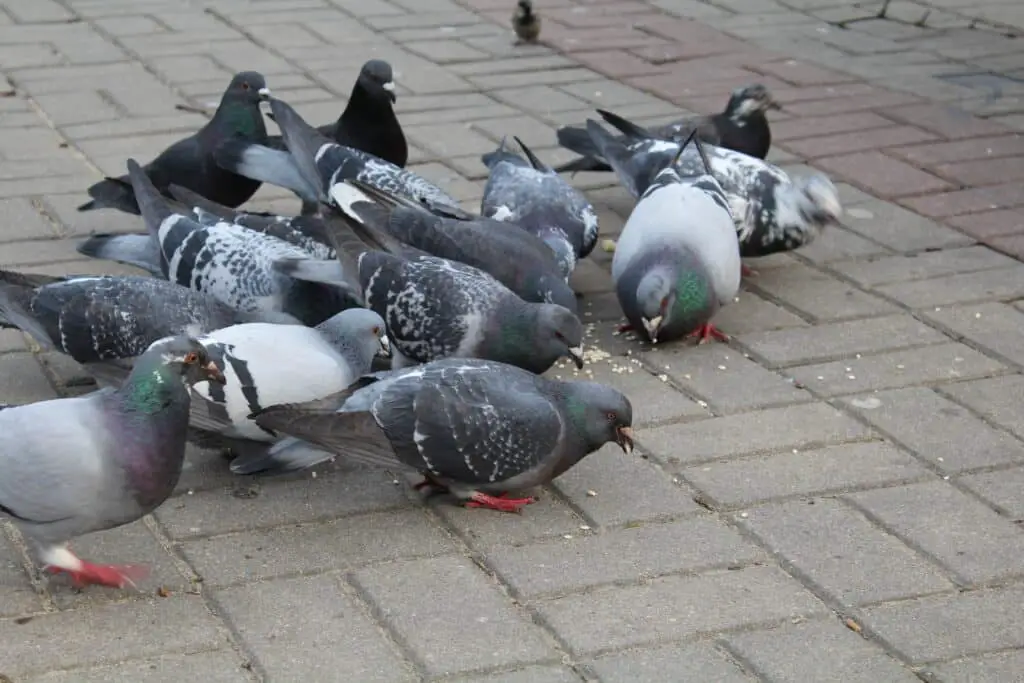
What is pigeon’s Favorite food?
Their diet also demands protein and fat to remain healthy, whether that’s from nuts, fruits or other animals. They do not have a favorite food but they enjoy eating seeds, nuts and vegetables more than anything else.
In the wild, pigeons commonly favor seeds and grains. They readily consume a variety of seeds such as sunflower seeds, millet, and wheat. Grains like barley and corn are also among their preferred food items. Pigeons are often seen foraging for these natural food sources in fields, meadows, and woodlands. Their strong beaks are well-suited for cracking open seeds and grains, making them efficient at extracting nutrition from these foods.
In urban environments, pigeons have adapted to human-related food sources. While they may eat bread crumbs, leftover grains, and other scraps, these items are not their ideal choice as they lack some essential nutrients. Pigeons do best when they have access to a balanced diet, which includes a mix of seeds, grains, and small fruits.
Pigeons are opportunistic feeders with a preference for seeds and grains in their natural habitat. However, their adaptability allows them to consume a range of foods depending on what is readily available, making them versatile and successful urban dwellers.
What vegetables do pigeons eat?
Pigeons feed on a wide range of plants, but seem particularly keen on the leaves of brassicas such as broccoli, sprouts, cabbages and cauliflower, cherries, lilacs and peas. They will peck at the leaves and rip off portions, often leaving just the stalks and larger leaf veins.
Peas: Pigeons may eat fresh or cooked peas, as they are relatively soft and provide some nutritional value.
Corn: Corn kernels are another vegetable that pigeons may consume, especially if they come across cornfields or corn scattered on the ground.
Spinach: Pigeons may nibble on spinach leaves, although it’s not their top choice.
Lettuce: Pigeons may eat lettuce leaves if they are readily available, but it’s not a staple in their diet.
Carrots: Occasionally, pigeons may peck at small pieces of carrot, but they are not a significant part of their diet.
Do pigeons eat rice?
Pigeons will eat almost anything, including rice. I don’t think rice, especially white rice, is especially nutritious as a bird food, but if the pigeons also eat a variety of other foods, they should be fine.
Cooked rice, such as plain white rice, is a relatively soft and easily digestible food source for pigeons. They can peck at individual grains and consume them without much difficulty. In urban environments, pigeons often encounter rice as part of discarded food scraps or bird feed left by well-intentioned individuals.
While pigeons can eat rice without immediate harm, there have been concerns raised about the expansion of rice in the stomach once it comes into contact with moisture. Some believe that this expansion might cause digestive issues or discomfort for the birds. However, scientific evidence supporting this claim is limited.
To support the well-being of pigeons, it’s advisable to offer them a more balanced diet that includes a variety of seeds and grains, which better align with their natural dietary preferences. If you choose to provide rice to pigeons or other birds, it’s best to do so in moderation and alongside other suitable food sources.
Do pigeons eat dal?
When I was working in my living room, two pigeons flew into my balcony. They roamed here and there for a minute, perhaps searching for food. So, I thought of feeding them some chana dal gram pulses and rice grains. At first, they quickly ate chana dal, and then rice grains.
Pigeons are not commonly known to eat dal, which is a type of lentil or pulse commonly consumed by humans. Pigeons are primarily granivorous birds, meaning they have a strong preference for seeds and grains as their main food source. Their digestive system is well-adapted to processing these types of foods, which provide the essential nutrients they need for their survival and health.
While pigeons may occasionally encounter lentils or dal in urban environments, they are not a significant part of their natural diet. Pigeons are opportunistic feeders, and in urban areas, they often scavenge for human-provided food scraps, which can include various foods, including lentils or dal.
Feeding pigeons dal or other non-native foods should be done with caution. Pigeons require a balanced diet to thrive, and offering them foods outside of their natural preferences may not meet their nutritional needs adequately. If you want to provide food for pigeons or other birds, it’s generally best to offer them a mix of birdseed, cracked corn, or other seeds and grains that align more closely with their natural diet.
Can pigeons eat raw rice?
Fact is, rice cooked or uncooked won’t hurt wild birds at all. The rumor is that uncooked rice hits the bird’s tummy and then swells causing its stomach to explode. It’s simply not true. It’s not hot enough in a bird’s stomach to actually cook the rice.
Yes, pigeons can eat raw rice, and it is generally safe for them to consume. Pigeons are known to be opportunistic feeders and can adapt to various food sources, including rice. Raw rice, being a grain, is similar to the seeds and grains that make up a significant part of their natural diet.
Pigeons have a specialized digestive system that allows them to process grains effectively. They can peck at individual grains of rice and digest them without difficulty. In urban environments, pigeons often encounter rice as part of discarded food scraps or offerings by well-intentioned individuals.
While raw rice is generally safe for pigeons to eat, it’s essential to provide it in moderation as part of a varied diet. A diet solely consisting of rice may not provide all the necessary nutrients for their well-being. Pigeons benefit from a mix of seeds, grains, and other natural foods that more closely resemble their natural dietary preferences.
Do pigeons eat pulses?
Pigeons are seed eaters and get the nutrients they need mainly from ripe and unripe seeds, grains and pulses. They obtain their energy from these raw ingredients, and certain bodily functions, such as molting and laying eggs, are stimulated.
Pigeons are not commonly known to eat pulses, which are leguminous crops like lentils, beans, and peas. Pigeons have a primarily granivorous diet, meaning their preferred food sources consist of seeds and grains. Their digestive systems are well-adapted to process these types of foods, which provide the essential nutrients necessary for their health and survival.
While pigeons may occasionally come across pulses in urban environments or agricultural fields, pulses are not a significant part of their natural diet. Pigeons are opportunistic feeders and may sample a variety of foods when available, including human-provided food scraps, but their primary preference remains seeds and grains.
Feeding pigeons pulses or other non-native foods should be approached with caution. Pigeons require a balanced diet to thrive, and offering them foods outside of their natural preferences may not meet their nutritional needs adequately. If you want to provide food for pigeons or other birds, it’s generally best to offer them a mix of birdseed, cracked corn, or other seeds and grains that closely align with their natural diet.
Do pigeons eat flour?
Pigeons eat anything that looks like food. They are primarily seed eaters, and bread, after all, is made from crushed up seeds flour. They are not the only birds that eat seeds. Sparrows and finches will also do this.
Pigeons typically do not eat flour, as it is not a natural or preferred food source for them. Flour is a processed and refined product derived from grinding grains, such as wheat, into a fine powder. Pigeons have a granivorous diet, which means they primarily consume whole seeds and grains, not the powdered form of these grains.
In urban environments, pigeons may come into contact with flour in the form of breadcrumbs or other human-derived food scraps. They are known for their adaptability and opportunistic feeding behavior, which may lead them to sample such offerings. However, flour lacks many of the essential nutrients that pigeons require for their overall health, so it is not an ideal food for them.
Feeding pigeons flour or similar processed foods is not recommended, as it can be detrimental to their well-being. A balanced diet for pigeons should consist of natural, unprocessed seeds, grains, and small fruits. If you wish to provide food for pigeons or other birds, consider offering them a suitable birdseed mix or other items that align more closely with their natural dietary preferences and nutritional requirements.
Do pigeons eat mustard?
This is oil based seed which pigeons like most. mustard family. If you serve mustard seed you need not supply rapeseed The Pigeon Racing Formula.
Pigeons typically do not eat mustard, as it is not a natural or preferred food source for them. Mustard is a condiment made from the seeds of the mustard plant, which are ground into a paste or sauce. Pigeons, being granivorous birds, primarily consume whole seeds and grains in their natural diet.
While pigeons are opportunistic feeders and may sample various food items they come across in urban environments, mustard is not a common or significant part of their diet. Their digestive system is adapted to process seeds and grains, which provide the essential nutrients they need for their health and survival.
Feeding pigeons mustard or other non-native and processed foods is not recommended. These foods often lack the necessary nutrients pigeons require and can be detrimental to their well-being. It’s best to offer pigeons a diet that closely resembles their natural preferences, which includes a mix of seeds, grains, and small fruits.
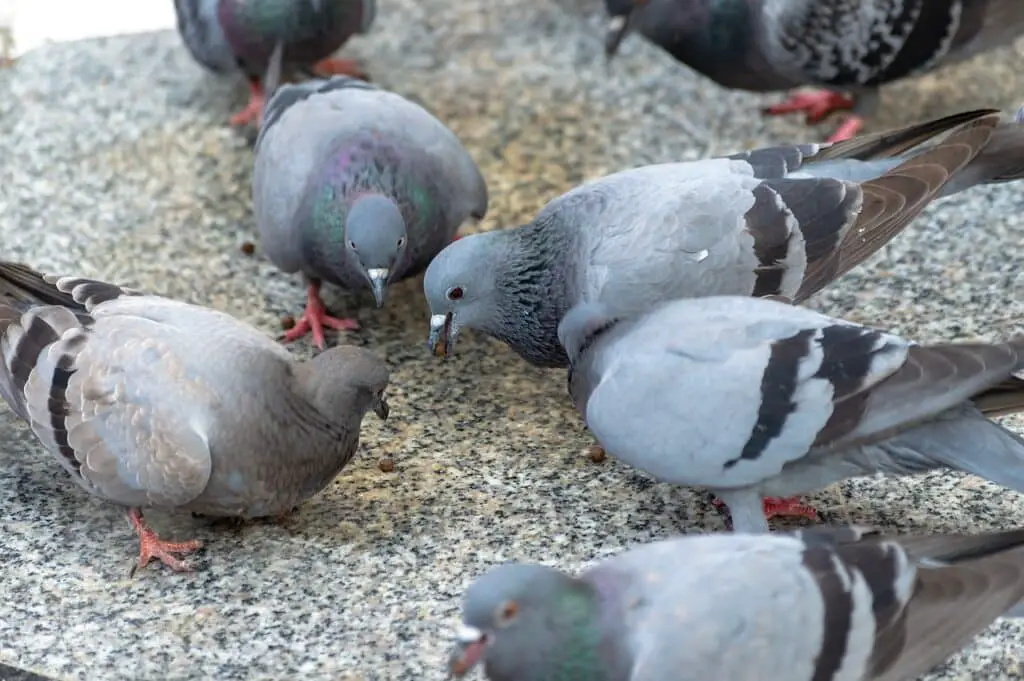
Conclusion
The dietary habits of pigeons in the wild are diverse and adaptable, reflecting their ability to thrive in various environments around the world. Pigeons feed on a diet of seeds, grains, and small fruits, which constitute the bulk of their nutritional intake. Their remarkable ability to forage and adapt to urban environments has led to the inclusion of human-derived food sources such as bread crumbs and discarded food scraps. Pigeons are highly adaptable in their diet, their nutritional requirements are best met by consuming a variety of natural, plant-based foods.
As opportunistic feeders, pigeons have managed to coexist with humans in urban settings, but their well-being can be enhanced through our efforts to provide them with appropriate, healthy food sources. Understanding their dietary preferences in the wild is crucial for the conservation and management of these ubiquitous and resilient avian species. Pigeons exhibit fascinating behaviors in the wild related to their feeding habits. They often forage in flocks, which can vary in size, depending on food availability and location. This communal feeding behavior not only aids in finding food but also serves as a social bonding activity among pigeon populations.
Their diet also plays a critical role in the broader ecosystem. Pigeons are essential seed dispersers, as they consume a variety of seeds and fruits, and then spread them throughout their habitats via their droppings. This activity contributes to the regeneration of plant life and helps maintain ecological balance. Pigeons in the wild are opportunistic feeders with a preference for seeds, grains, and small fruits. Their ability to adapt to different environments and food sources has allowed them to thrive in both natural and urban landscapes.

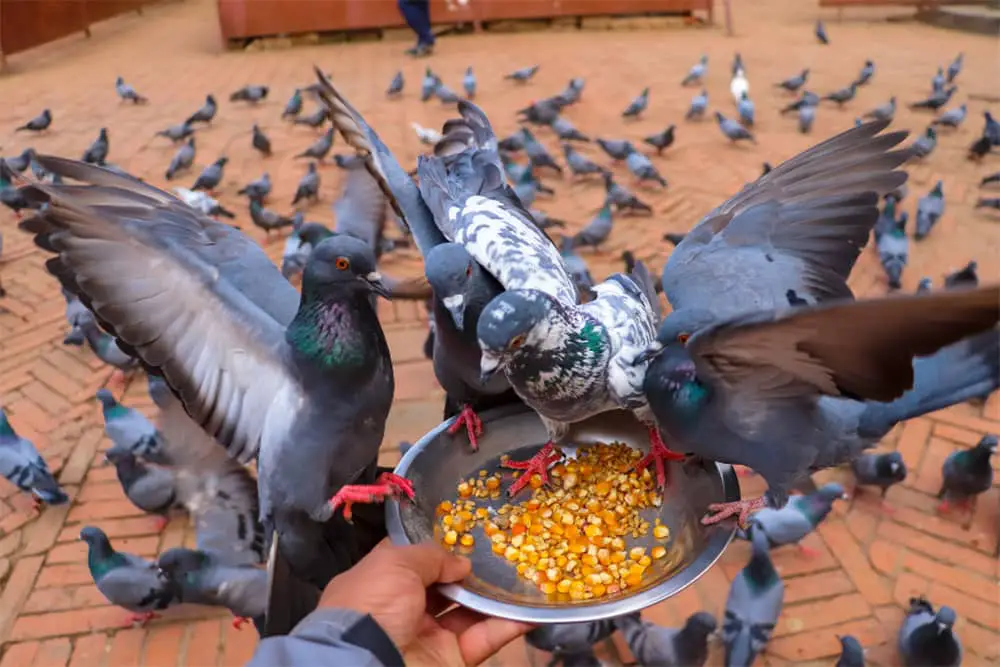
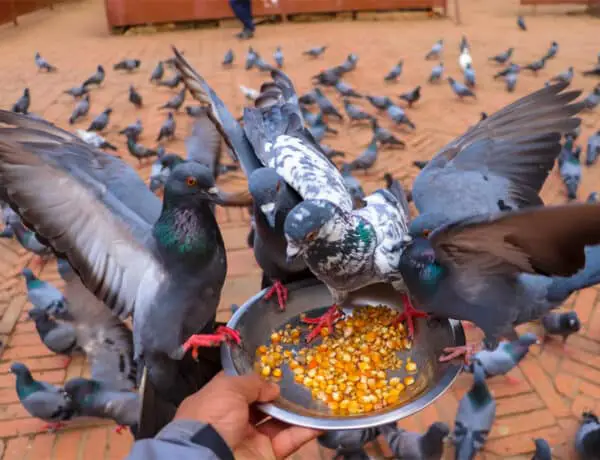
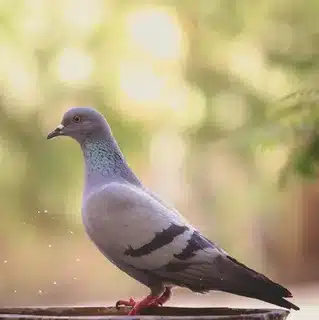
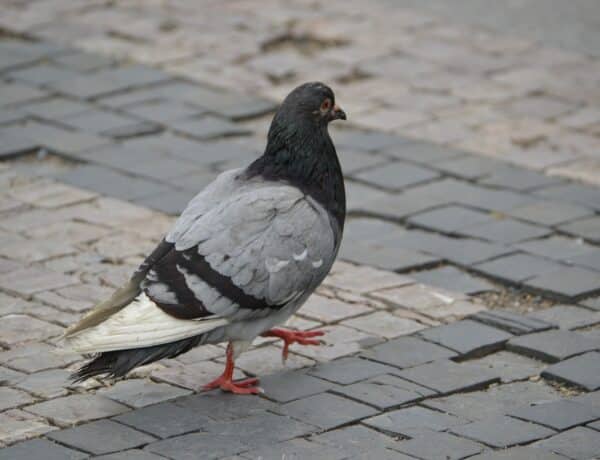
No Comments